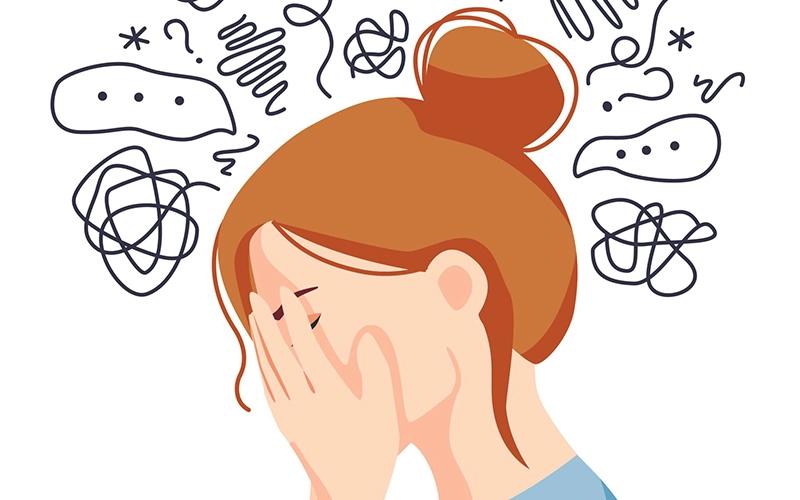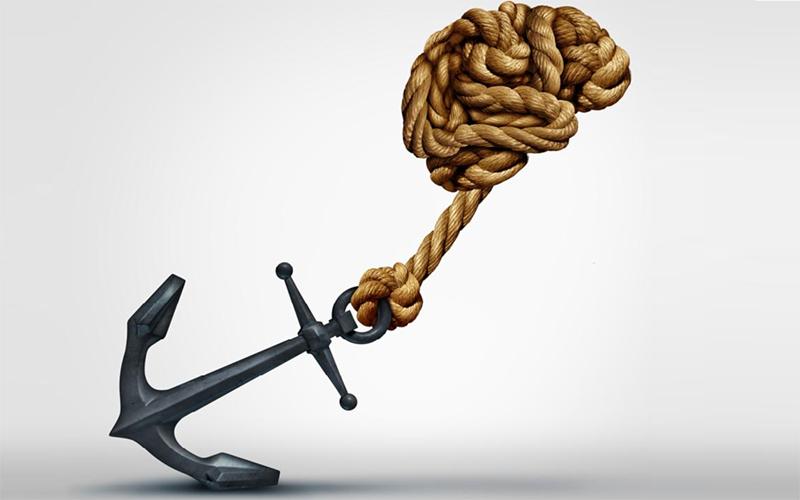Understanding Early Maladaptive Schemas
Have you ever wondered why certain emotional patterns keep recurring in your life? Why you might react in specific ways to certain situations or feel stuck in familiar negative cycles? The concept of early maladaptive schemas (EMS), developed by Dr. Jeffrey Young, provides a framework for understanding these deeply ingrained patterns.
What Are Early Maladaptive Schemas?
Early maladaptive schemas are pervasive, self-defeating emotional and cognitive patterns that begin early in our development and repeat throughout life. These schemas are formed in response to unmet emotional needs during childhood and can significantly influence our perceptions, relationships, and behaviors as adults.
Dr. Jeffrey Young, the pioneer of schema therapy, identified 18 distinct schemas that cover a wide range of emotional and psychological challenges. Here is a brief overview of some of these schemas:
- Abandonment/Instability: A fear that those who provide emotional support will not be there when needed.
- Mistrust/Abuse: The expectation that others will harm, cheat, or take advantage of you.
- Emotional Deprivation: The belief that your need for emotional support will not be met.
- Defectiveness/Shame: A feeling of being fundamentally flawed and unlovable.
- Social Isolation/Alienation: The sense of being isolated and different from others.
- Dependence/Incompetence: The belief that you cannot handle life responsibilities without help.
- Vulnerability to Harm or Illness: An exaggerated fear of imminent catastrophe.
- Enmeshment/Undeveloped Self: Excessive emotional involvement with others at the expense of one own identity.
- Failure to Achieve: The belief that you are inadequate and will inevitably fail.
- Entitlement/Grandiosity: A sense of superiority and entitlement to special treatment.
These schemas represent deeply held beliefs about oneself and the world, often stemming from early experiences and relationships.
The Role of Schema Therapy
Schema therapy, created by Dr. Jeffrey Young, integrates elements of cognitive-behavioral therapy (CBT), psychoanalytic concepts, and attachment theory. This therapeutic approach aims to help individuals recognize and change their maladaptive schemas. The goal is to break free from self-defeating patterns and develop healthier ways of thinking, feeling, and behaving. In schema therapy, patients learn to identify their schemas, understand their origins, and challenge their validity. This process can lead to significant emotional and behavioral changes, improving overall well-being and life satisfaction.
Why Understanding Your Schemas Matters
Identifying your early maladaptive schemas is a crucial step towards personal growth and emotional healing. By understanding these underlying patterns, you can start addressing the root causes of your emotional difficulties rather than just the symptoms.
Engaging with the Early Maladaptive Schemas Questionnaire can provide valuable insights into your emotional and psychological landscape. This self-assessment tool helps you uncover the schemas that influence your life, empowering you to make meaningful changes.
Encouraging Self-Discovery
Exploring your early maladaptive schemas is not just about identifying problems; it is about gaining a deeper understanding of yourself. This self-awareness can lead to more fulfilling relationships, greater emotional resilience, and an enhanced sense of well-being.
Completing the Early Maladaptive Schemas Questionnaire is a journey of self-discovery. It allows you to reflect on your emotional patterns and understand how they shape your life. This awareness is the first step towards transforming self-defeating behaviors into more adaptive and fulfilling ways of living.
Conclusion
Early maladaptive schemas are powerful forces that shape our thoughts, feelings, and behaviors. Understanding these schemas through self-assessment and schema therapy can provide valuable insights and pave the way for personal growth and healing. Embrace the opportunity to explore your emotional patterns and discover the path to a more fulfilling life.



